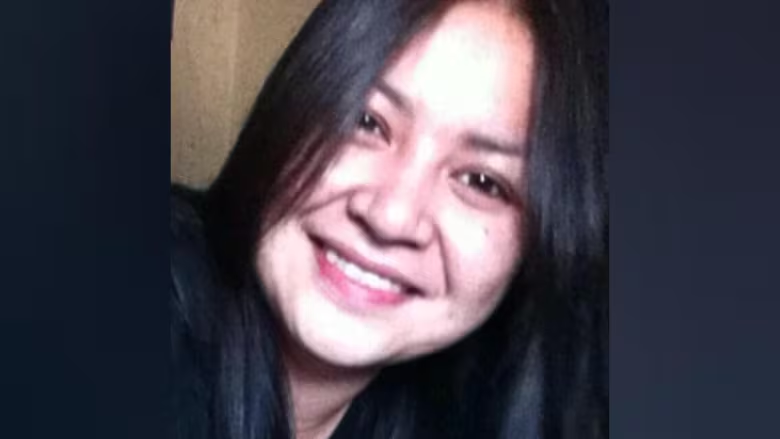The Tragic Reality of Health-Care Inequity in Remote Ontario Communities
In the remote northern communities of Ontario, the health-care system is strained to its breaking point. The recent inquest into the 2017 death of Ruthann Quequish, a 31-year-old from Kingfisher Lake First Nation, sheds light on the challenges and systemic failures that these communities face daily.
Ruthann Quequish’s story is one of heartbreak and frustration. She died from ketoacidosis, a serious complication of diabetes, after visiting her community’s nursing station multiple times in the days leading up to her death. Her tragic loss has become a stark reminder of the inadequacies in the health-care system that serve Ontario’s remote First Nations communities.
During the inquest, which is being held in Thunder Bay, the jury heard from numerous witnesses, including Dr. Usne Josiah Butt, a physician who interpreted Quequish’s lab results. Dr. Butt painted a grim picture of what it’s like to work in these isolated communities. Physicians like him are tasked with seeing a month’s worth of patients in just three days, leaving little room for thorough care. The situation is exacerbated by the difficulty in recruiting and retaining doctors, a problem that has persisted for years without a new contract to make the profession more appealing.
“The north is a different place,” Dr. Butt explained. “It’s the wilderness. Access is a challenge. Preparation for the isolation, for the travel dynamics, is a challenge.”
But these challenges go beyond just the physical logistics of delivering care. The emotional toll on healthcare providers, who often feel overwhelmed and under-supported, is significant. Dr. Butt spoke of the need for more resources and better support systems, including the concept of “doctor pods” – small groups of physicians dedicated to specific communities to improve continuity of care.
For the residents of Kingfisher Lake and other remote First Nations, the reality is that they are living in a system that Chief Eddie Mamakwa of Kingfisher Lake describes as “second-tier.” This system, he says, failed Ruthann Quequish and her family. “Health care is a treaty right, and our people deserve health care that meets our needs,” Mamakwa asserted in a statement.
The inquest is nearing its conclusion, with jurors expected to determine whether Quequish’s death was preventable. More importantly, they have the power to recommend changes that could prevent similar tragedies in the future.
As we reflect on Ruthann Quequish’s story, it’s clear that the health-care system in these remote communities needs urgent attention. The inquest may be the first step towards ensuring that no more lives are lost due to inadequate care in northern Ontario’s First Nations communities.
This case is a powerful reminder that all Canadians, regardless of where they live, deserve access to quality health care. It’s time to bridge the gap and ensure that everyone has the chance to receive the care they need, when they need it.

